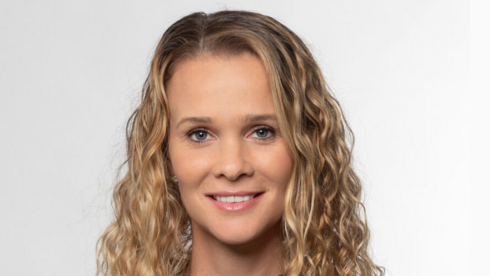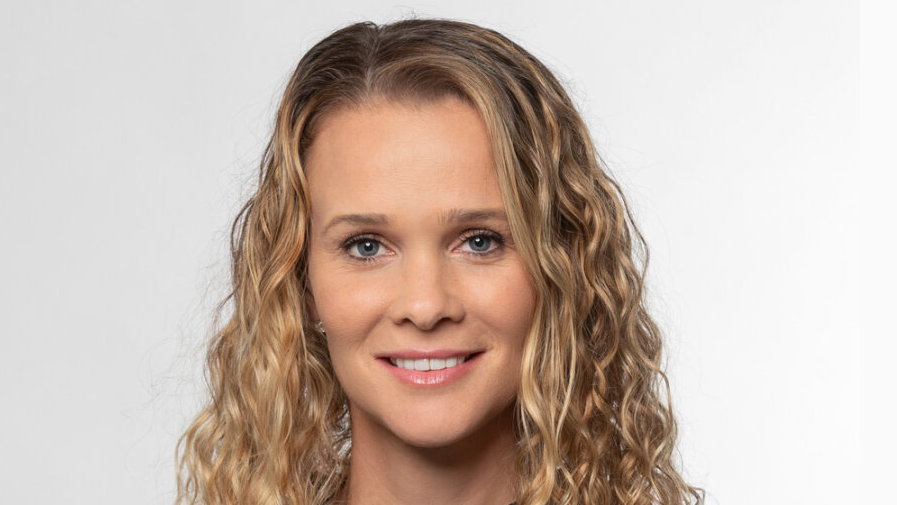
HR in War
What happens when more than 10% of your company gets called to war?
ONE ZERO bank was founded during the pandemic. It now finds itself on a new battlefield.
Israel is at war and no part of the country has been left unaffected by the actions of 7/10. As citizens grapple with a new reality, it has become clear that no industry will be the same.
Startup Nation is no exception. Anyone from a company’s founder to its most recent intern has been called up to serve in the IDF in the battle against Hamas. And yet, businesses must try to operate in wartime.
“We've established a dedicated telephone hotline for residents of conflict areas and reservists,” explained Roni Lichtenstein Shany, Chief Customer & HR officer at ONE ZERO. “Our bankers have been required to show extra sensitivity and flexibility towards customers’ requests, even those that are not typically approved, given the complexity of the situation, including the financial aspect.”
The bank was set up in the heart of the pandemic, so it is not unfamiliar with operating remotely to keep business going. However, 11% of its workforce is currently serving in the army meaning the bank has had to make unique changes. “We've set up stations in our offices to offer residents of conflict areas a moment of quiet. The responses warm our hearts, and customers greatly appreciate the effort. Even when we can't fulfill requests, we mediate with gentleness and sensitivity,” she added.
HR in War is a new series exploring how companies in Israel are adapting in unusual times. At CTech we believe the world should know about the atrocities committed on 7/10 while at the same time highlighting the continued resolve and resistance of the Israeli tech ecosystem.
Company name: ONE ZERO
Your name and title: Roni Lichtenstein Shany, Chief Customer & HR officer
Names of founders and upper management: Prof. Amnon Shashua, founder and main shareholder, Shouky Oren, Chairman, Gal Bar Dea, CEO
Field of activity: Fintech
Number of employees: 400
Office location: Tel Aviv
On a scale of 1-10, how much did the war disrupt operations at the company?
Six. The bank was founded during the COVID-19 pandemic and is based on digital solutions and technologies that enable continuous remote work while providing full service, so in this sense, the adaptation was made quickly and smoothly. However, about 11% of the human workforce has been enlisted, which necessitated new scheduling for some development plans. Additionally, the absence of educational frameworks and the psychological and physical adaptation period for the company's employees affected daily productivity, especially during the first week of combat. It is evident that there has been gradual improvement and a return to the regular work routine.
What consequences have you experienced from these disruptions?
Some of the projects and developments have been temporarily frozen, although in the central projects, team members are working closely together and are committed to replacing the reservists. The managers maintain regular contact with the teams, who are gradually returning to their regular productivity
What are the two major challenges you are coping with these days?
The main primary challenge is a shortage of employees who were enlisted initially because the bank's workforce did not include reserves from the beginning and functioned very efficiently. The second major challenge relates to human resource management in a situation of uncertainty, complex emotional states, and the need to establish routine and organizational coherence within this complex situation.
What support do you provide to employees?
We provide mental support through an online platform that enables online psychological therapy. We were surprised at how many employees have been using it.
- One-on-one sessions with a clinical psychologist who accompanies the bank.
- We provide training to managers for crisis management and equip them with tools to manage employees with sensitivity and responsibility during this time.
- Participation in volunteer initiatives and community donations - people's involvement in the community gives a sense of partnership and action.
- We offer flexibility for remote work and also for those who request a break to stay abroad.
- We assist in relocating employees from conflict areas to temporary residences in the center.
- The Human Resources department holds daily discussions with the employees.
Do you have employees with foreign citizenship who asked to work from another country? If so, has movement been requested/approved?
Yes. The requests were approved.
How do you communicate the situation to customers? Do you see hostility or support?
Our customer service operates in a regular manner with 24/6 availability. We've established a dedicated telephone hotline for residents of conflict areas and reservists. Our bankers have been required to show extra sensitivity and flexibility towards customers’ requests, even those that are not typically approved, given the complexity of the situation, including the financial aspect. We've set up stations in our offices to offer residents of conflict areas a moment of quiet. The responses warm our hearts, and customers greatly appreciate the effort. Even when we can't fulfill requests, we mediate with gentleness and sensitivity.
In the event employees feel they encounter hostility, how do you guide them to respond to the situation?
Both in routine and during crises, we provide excellent service, responding with sensitivity and consideration while understanding complex situations. Now more than ever, this sensitivity is sought after. We haven't encountered any exceptional incidents of misconduct, but we remain vigilant and support the bank employees closely to ensure the best possible care, even in sensitive situations.
Startups only: How do you communicate the situation to investors, and how are they reacting?
Our investors have reached out to us on their own initiative, primarily to inquire about the well-being of employees and their families, and to offer support and donations. They provide us with full backing, and it is heartwarming to see. The bank's owner is Professor Amnon Shashua, who himself is dealing with these complexities as the President and CEO of Mobileye. Other international investors have made investments in Israel over the years and are aware that it is a strong country with the ability to emerge strengthened from this crisis. Of course, we keep them updated regularly, and they are aware that some employees have been recruited, and we maintain continuous communication. The bank is in the process of establishing its banking operations in the Italian market, which are progressing as planned.














